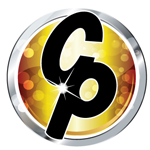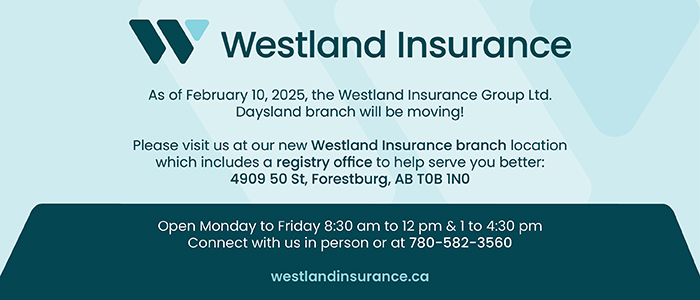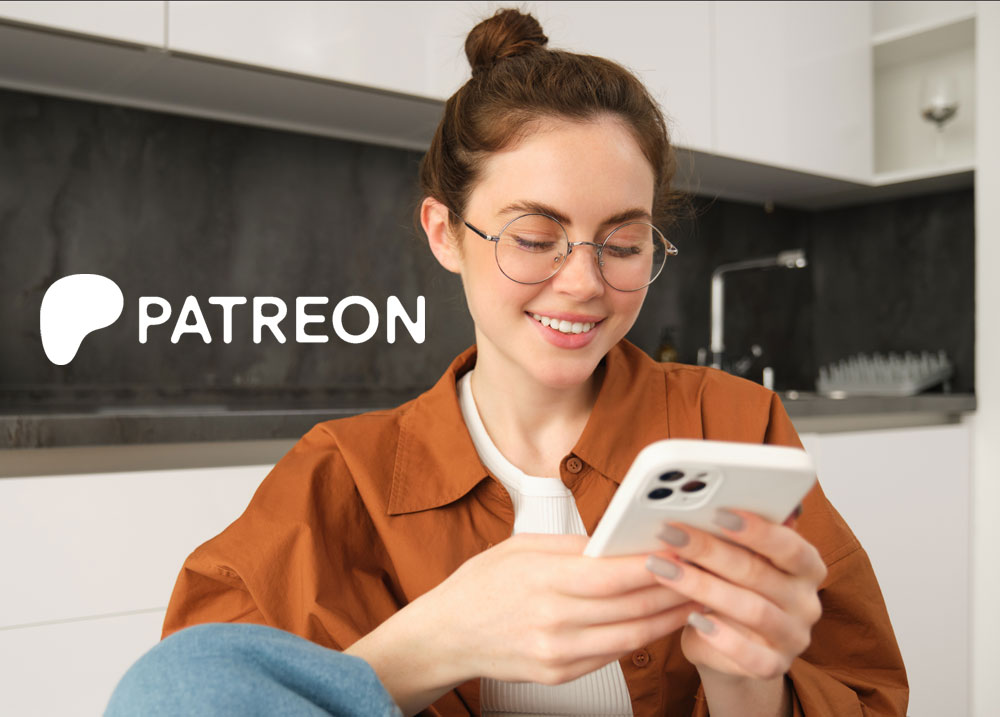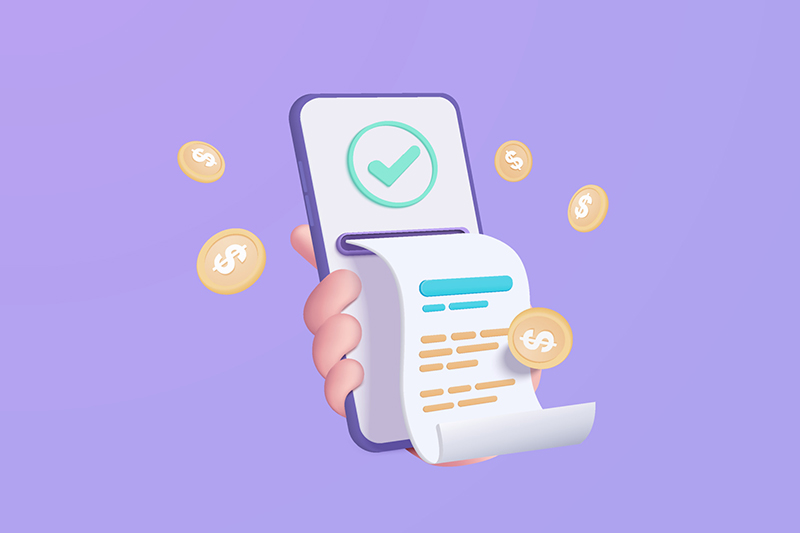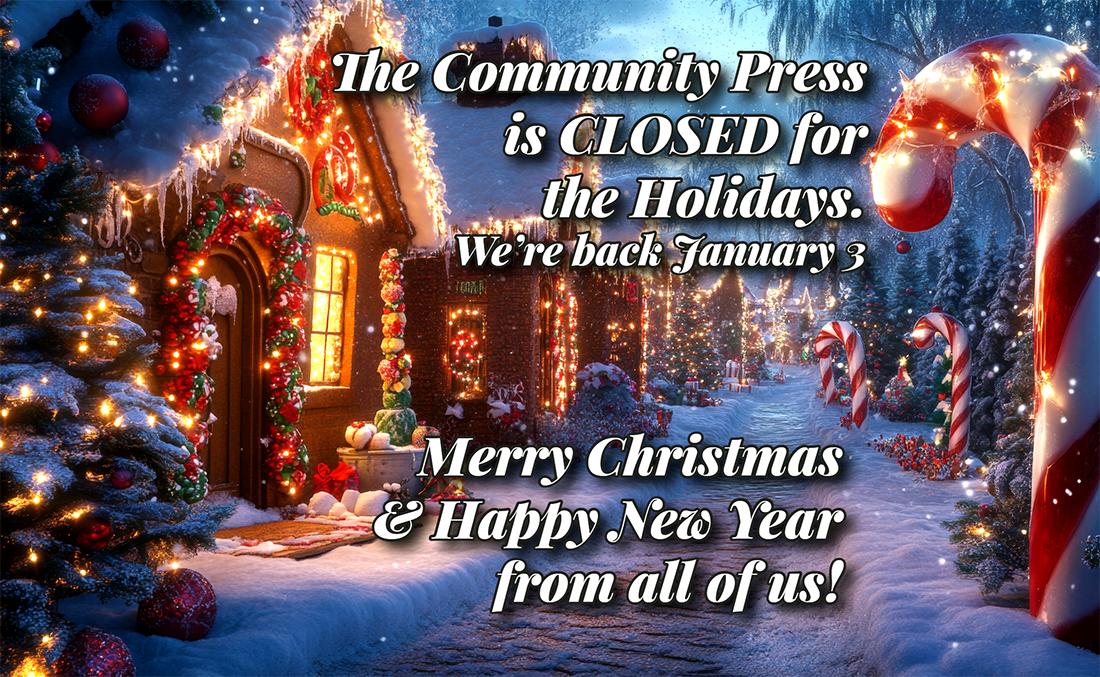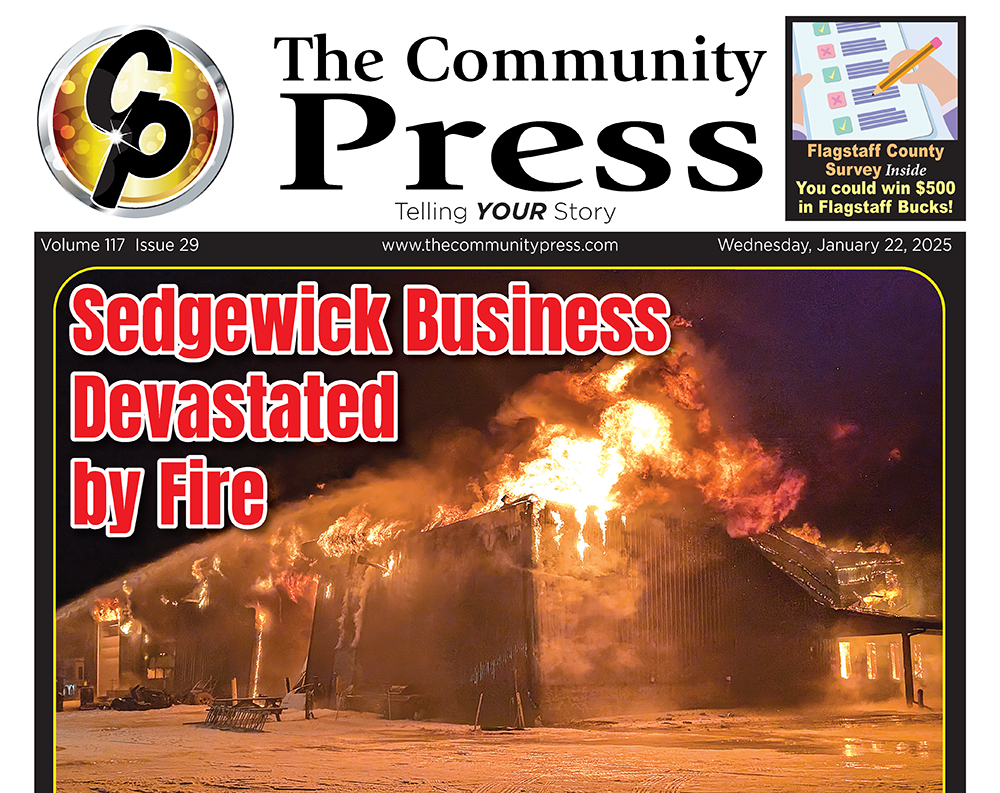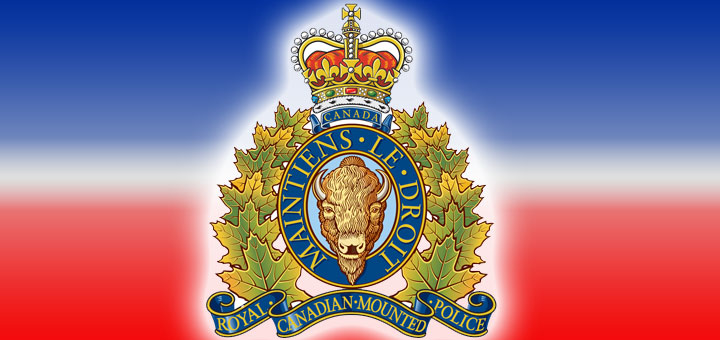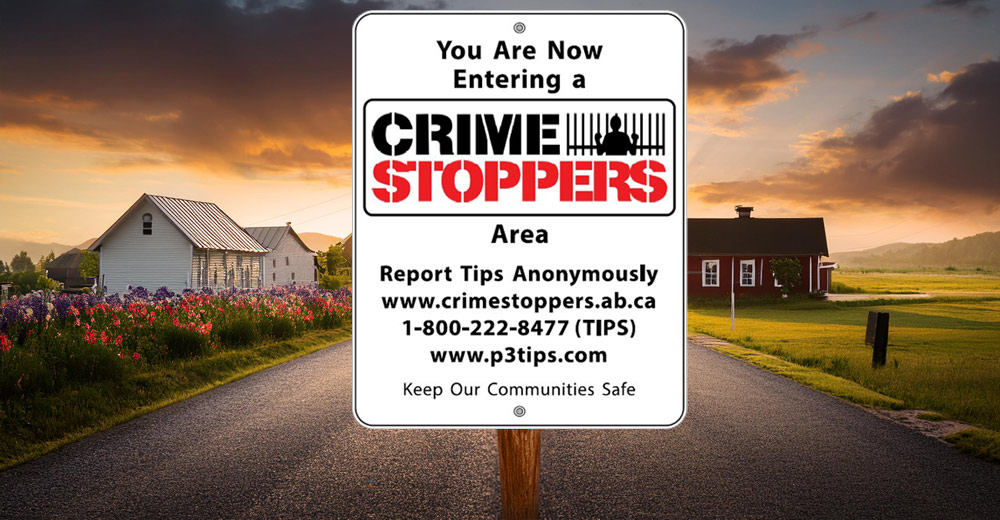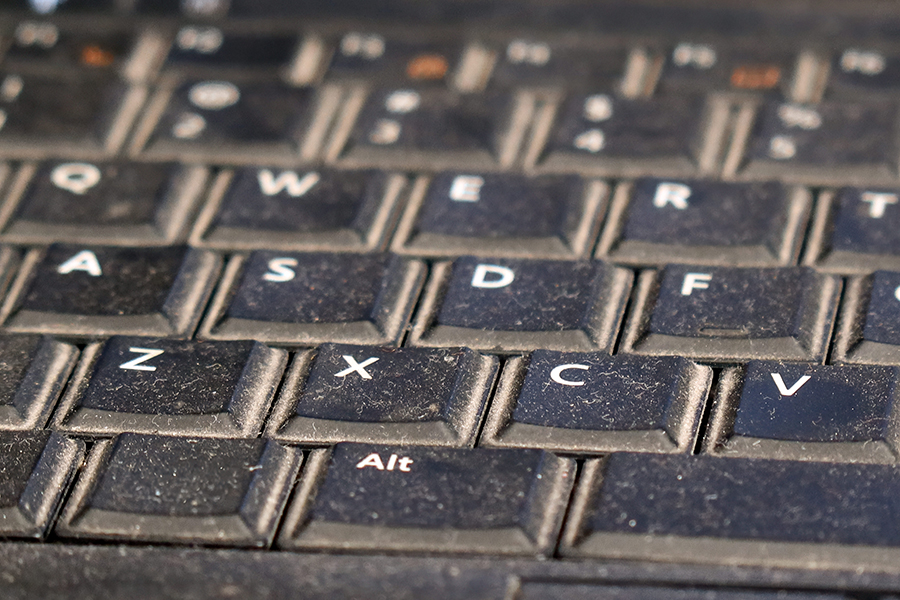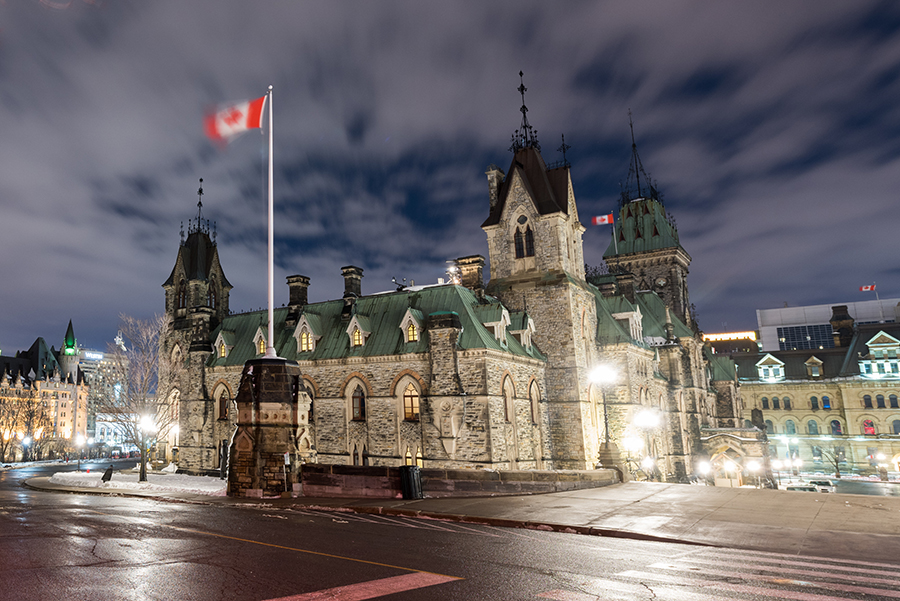When in doubt, throw it out… unless you paid a deposit
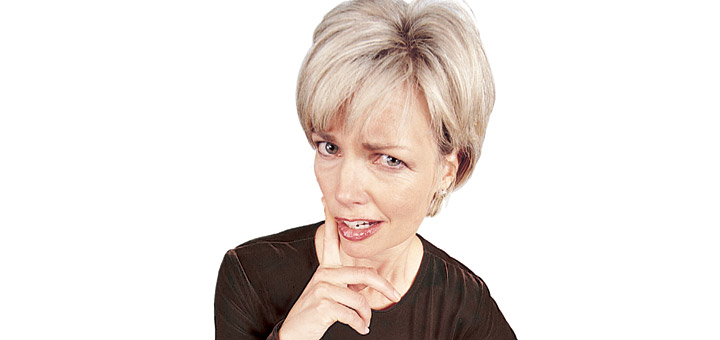
When it comes to recycling plastics, there are a lot of uncertainty and changes ahead, but there’s a simple rule of thumb that will help keep our recycling stream clean and profitable, and keep it from ending up in the landfill – “When in doubt, throw it out.”
Not surprisingly, about half of recyclers stick to this rule, and stick with only items they know are accepted in their recycling bins.
Another 26 per cent say that when they come across an unknown object, they look it up to find out whether it is garbage or recycling.
Unfortunately, almost 20 per cent of “recyclers” put it in the recycling bin anyway. (That was covered last week in “Wish-cycling is not recycling.”)
David Dahl, Landfill Diversions Coordinator for Flagstaff Waste, says that it’s not always easy to determine what constitutes a genuinely recyclable object, because some objects that bear a recycling logo aren’t accepted in all programs.
What does that mean, however? Number one plastic is represented by a number 1 surrounded by three arrows in a triangle stamped on the item, usually on the bottom.
This plastic is Polyethylene Terephthalate, better known as PET or PETE and has been categorized as recyclers favourite plastic to work with. It is highly recyclable.
Number two plastic, represented by a number 2 surrounded by three arrows in a triangle, is HDPE (High Density Polyethylene).
This plastic can also be found commonly around the house in soap bottles, bleach bottles, milk bottles, and more.
The plastic is usually opaque or translucent and is another very recyclable material.
Flagstaff’s yellow commingled bins currently accept plastics one through seven, but that will change later this summer to just #1 and #2.
If any other number but a one or a two appears within the recycling triangle on the bottom of a container, or if no number appears, it’s a safe bet that the item is not recyclable, and should go into the garbage.
Items that do not display a recycling triangle, like plastic bags, plastic film, or plastic clamshells are garbage. Other plastic items that cannot be recycled include plastic packaging, styrofoam, toys, or essentially anything without the #1 or #2 symbol.
All recyclable plastics must be rinsed clean. In a report to all member municipalities, Flagstaff Waste says, “In sorting facilities, material contaminated by oil, food waste, cat litter, or spillage from non-rinsed containers is disposed of in a landfill.”
Under the present Commingled Recycling, that represents about 32 per cent of what’s being collected in Flagstaff.
Plastic deposit containers represented one per cent of all materials in Flagstaff’s commingled and blue bag programs.
Consumers can recoup these deposits by returning deposit containers to a bottle depot, where they will receive cash in return for recycling the containers.
It’s not okay to throw them in the garbage where they will end up in the landfill. Dahl says that the number of deposit containers that reach our landfill in garbage is frustrating, especially when these containers represent cash in hand when returned.
Some common examples of deposit containers include: plastic milk jugs, soda bottles and cans, beer bottles and cans, plastic juice bottles, glass juice bottles, wine bottles, wine pouches, tetra juice boxes, gable-top milk, cream, and juice containers, and more.
Most bottle Depots have examples of items that can be returned for a refund of the initial deposit paid when the item was originally purchased, or will be glad to help you find out.
If an item is not a deposit item, and does not have the #1 or #2 recyclable plastic symbol, don’t throw it into the recycling bin. By throwing the wrong things in our recycling stream, or by throwing contaminated items in, you run the risk of contaminating the entire bin, and having the entire load end up in a landfill.
Anything we can do to reduce the volume of materials going into the landfill will help to extend the life of our facility.
Flagstaff Waste says they are responding to a strong desire expressed by residents to continue and expand recycling opportunities, also acknowledging the inability of commingled and blue bag programs to meet contamination standards.
Evolving trends in the recycling industry on a global scale have had a big impact, but there are still opportunities and markets for good, clean recycled materials.
Originally published in the July 18, 2018 edition of The Community Press. Call 780-385-6693 to reserve back-issues.
Never miss an issue – become a subscriber today! CLICK HERE!
Print is still the most effective medium. Attract LOCAL customers by supporting LOCAL media. ADVERTISE!
ads@thecommunitypress.com
Leslie Cholowsky
Editor
